Biopharmaceutical Glycosylation Site Analysis Service
Glycosylation is one of the most common and complex post-translational modifications of proteins, and it plays a particularly critical role in biopharmaceutical products. For glycoprotein-based therapeutics such as monoclonal antibodies and recombinant protein drugs, glycosylation patterns directly affect drug stability, half-life, immunogenicity, and pharmacological properties. The role of glycans in antibody-dependent cellular cytotoxicity (ADCC) and complement-dependent cytotoxicity (CDC) has been widely demonstrated. Therefore, Biopharmaceutical Glycosylation Site Analysis is not only an essential component of structural characterization but also a mandatory step in drug development, quality control, and regulatory compliance.
Services at MtoZ Biolabs
MtoZ Biolabs’ biopharmaceutical glycosylation site analysis service is based on advanced MS platforms and diverse enzymatic digestion strategies to achieve precise characterization of glycans and glycosylation sites. We are equipped with Orbitrap high-resolution MS systems combined with nano-scale liquid chromatography (Nano-LC) and complementary fragmentation modes (HCD, ETD, EThcD). This approach allows simultaneous acquisition of glycan composition information and peptide backbone data, enabling comprehensive glycopeptide coverage and accurate glycosylation site localization. In addition, depending on the structural features of the glycoprotein, we apply suitable protease combinations such as trypsin, Glu-C, and chymotrypsin to maximize glycopeptide coverage and improve glycosylation site analysis accuracy. Our biopharmaceutical glycosylation site analysis service includes:
🔸 O-Glycosylation Site Analysis Service
🔸 N-Glycosylation Site Analysis Service
🔸 O-Glycan Modification and Site Analysis Service
🔸 N-Glycan Modification and Site Analysis Services
🔸 N- and O-Glycosylation Site Occupation Analysis Services
Analysis Workflow
1. Sample preparation: Purified biopharmaceutical samples are pretreated to remove salts and impurities.
2. Enzymatic digestion: Multiple protease digestion strategies are applied to generate glycopeptides.
3. Glycopeptide enrichment: Hydrophilic interaction chromatography (HILIC) or affinity-based methods are used for selective enrichment.
4. MS detection: Data acquisition is performed using Nano-LC coupled with high-resolution MS/MS.
5. Data analysis: Protein and glycosylation databases are integrated to localize glycosylation sites and generate analysis outputs.
Figure 1. Workflow for Biopharmaceutical Glycosylation Site Identification
Service Advantages
1. High-Resolution MS Platforms
MtoZ Biolabs is equipped with Thermo Fisher Q Exactive HF and Orbitrap Fusion Lumos, enabling precise analysis of complex glycopeptide spectra with high resolution and accuracy. The integration of complementary fragmentation modes improves the differentiation of isomeric glycans and glycosylation sites.
2. Multi-Enzyme Digestion
Single-enzyme digestion may limit glycopeptide coverage. By applying combinations of proteases, our biopharmaceutical glycosylation site analysis service maximizes the number of detectable glycopeptides, thereby enhancing site coverage. This approach is suitable for antibodies as well as different types of recombinant proteins.
3. Extensive Application Experience
MtoZ Biolabs has conducted glycosylation analysis for a wide range of biopharmaceuticals, including antibodies, recombinant proteins, and vaccines. Our accumulated experience allows us to adjust analytical strategies to meet the needs of different research and development stages.
4. One-Time Charge
Our pricing is transparent, with no hidden fees or additional costs.
Applications
✅ Antibody drug development: Characterize Fc-region glycosylation sites and evaluate their effects on drug efficacy and stability.
✅ Recombinant protein characterization: Ensure that glycosylation site distribution meets expectations and quality standards.
✅ Quality control and consistency assessment: Compare glycosylation site distributions across production batches to support consistency studies.
✅ Regulatory submissions: Provide glycosylation site analysis data compliant with ICH Q6B and other regulatory requirements.
Sample Submission Suggestions
1. Provide ≥100 µg of purified antibody or recombinant protein sample at \~1 mg/mL concentration.
2. Samples should be in salt-free buffer and free from high concentrations of detergents or glycerol.
3. Low-temperature transport on dry ice is recommended to ensure sample stability.
4. For special buffer conditions, please notify us in advance for customized solutions.
Deliverables
1. Detailed experimental workflow and methods
2. Raw data of glycopeptide enrichment and MS analysis
3. Glycosylation site identification results
4. Annotated MS/MS spectra of glycopeptides
5. Batch-to-batch comparison or customized statistical results (if requested)
6. Comprehensive analysis report with conclusions
Contact us today to obtain customized solutions and accelerate your biopharmaceutical development with reliable, high-quality data.








